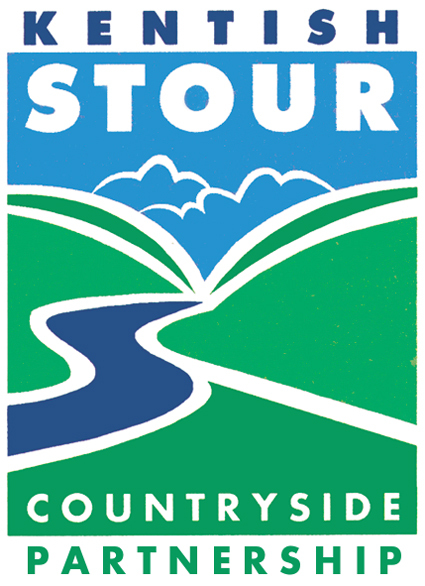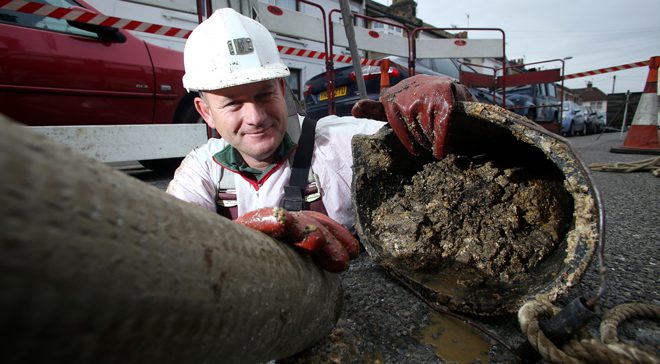Fats, Oil and Grease
Disposing of Cooking Oil and Fat
There’s a problem with FOG in the UK
Not the kind that causes poor visibility, but the kind that causes sewer flooding and misery in peoples homes.
FOG stands for ‘fats, oils and grease’, and what we all do with our used cooking fat and oil can have a massive impact on the sewer system. Pouring it down the kitchen sink may seem like the easiest way to dispose of it, but once in the sewers it can cause a lot of trouble. Over time it collects, combines with other items that have been flushed and ended up in the sewer network, and hardens into a concrete-like substance, causing blockages that can lead to flooding of houses and streets. It can stop pumps and other machinery from working. Flooding can also pollute rivers.
This isn’t a minor issue – in the UK, more than 3,000 homes a year are flooded in this way. The clean-up cost is astronomical – £90 million a year across the country!
We are working with Our Stour sponsors Southern Water in campaigning to make people more aware of this problem.
What to do with cooking oil and fat
- Put a disposable container next to your kitchen sink (perhaps an empty yoghurt pot or jam jar) and pour used oil and fat into it when you’re washing up – NOT down the drain. When it’s full, seal and put in the bin, making sure the oil is cool first.
- Scrape greasy and oily pots, pans and utensils before washing them, putting any congealed fat or oily food waste in the bin.
- Use fat traps and strainers in the sink to catch food waste and oil.
What comes under FOG
- All cooking oils, including olive oil, sunflower oil and vegetable (rapeseed) oil
- Butter, ghee
- Margarine and low fat spreads
- Lard
- Animals fats from cooking meat
All of these should be disposed of in your household waste or food waste bin if you have one
Southern Water’s FOG campaign
Find more videos, tips, stats and information on Southern Water’s FOG webpages.
But there’s more…
FOG is not the only problem. Find out about the problems caused by The Unflushables here. And find out how to check that your waste water is not ending up in a river here.

